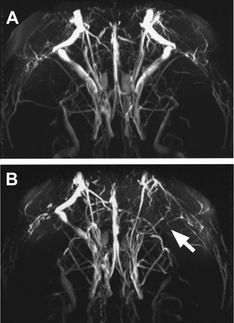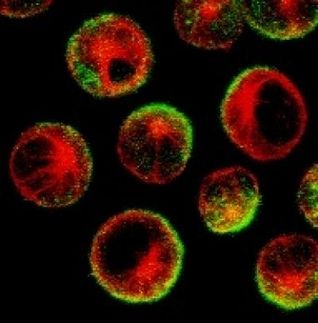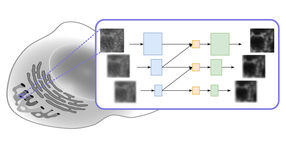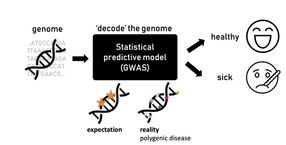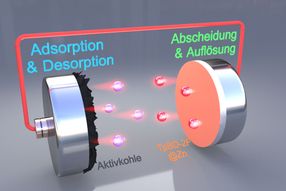Traitor proteins that could attack the body widespread, UF researchers find
More than 32 million Americans harbor potentially toxic proteins that can attack body tissues and lead to autoimmune diseases such as lupus and scleroderma, according to a new University of Florida study. This is the first accurate estimate of the frequency of the proteins, called autoantibodies, the researchers say. The findings appear in the journal Arthritis and Rheumatism.
“This study is a baseline that can help physicians understand, when they identify autoantibodies, how often these proteins indicate disease,” said lead author Edward Chan, Ph.D., a professor of oral biology in the UF College of Dentistry.
The body produces proteins called antibodies to fight against infections, but in some cases, these proteins become turncoats, attacking the body’s own tissues instead. The most common autoantibodies, called antinuclear antibodies, are frequently used as a marker for autoimmune diseases. Although antinuclear antibodies are common, their presence does not always indicate disease.
Chan, and co-lead author Minoru Satoh, M.D., Ph.D., an associate professor of rheumatology and clinical immunology in the UF College of Medicine, along with national colleagues, studied five years’ worth of data from almost 5,000 people, collected through the National Health and Nutritional Examination Survey. The survey amasses a host of health information from adults and children around the country using questionnaires, blood tests and other medical examinations.
No previous researchers have used such a large sample, representative of the general population, to study how frequently autoantibodies occur, Chan said.
The researchers looked for the rogue antibodies in blood serum using an advanced microscope technique that uses a fluorescent dye to selectively light up antinuclear antibodies.
They found that nearly 14 percent of the study population had antinuclear antibodies. The antibodies were more common in African-Americans, women and older adults. The frequency of antinuclear antibodies tends to increase with age then level off over time. And women were more likely to develop antinuclear antibodies as they age.
Unexpectedly, autoantibodies were less common in overweight and obese individuals than in people of normal weight.
“Being obese is often considered a factor contributing to many autoimmune diseases,” Chan said. “So we expected that overweight people might have more autoantibodies. But that is not what we observed.”
Judy Van De Water, Ph.D., a professor of rheumatology and clinical immunology at the University of California, Davis, who was not part of the study, was intrigued that autoantibodies were less common in overweight individuals. She chalks it up to the appetite-reducing hormone leptin — which is produced in fatty tissue and acts as a marker of inflammation. Leptin is often low in people who are obese but high in people who have antibodies that attack the body’s own tissues.
Future studies might look at how exposure to chemicals and other substances in the environment affects the levels of antinuclear antibodies in the immune system, as well as how those levels change over time.
“This is an important study that will serve as the basis for future research on the causes of these antibodies and related diseases,” said the study’s senior author Fred Miller, M.D., Ph.D., acting clinical director of the National Institute of Environmental Health Services, which funded the study. “It’s a first step in the process.”
Other news from the department science
Most read news
More news from our other portals
See the theme worlds for related content
Topic world Antibodies
Antibodies are specialized molecules of our immune system that can specifically recognize and neutralize pathogens or foreign substances. Antibody research in biotech and pharma has recognized this natural defense potential and is working intensively to make it therapeutically useful. From monoclonal antibodies used against cancer or autoimmune diseases to antibody-drug conjugates that specifically transport drugs to disease cells - the possibilities are enormous

Topic world Antibodies
Antibodies are specialized molecules of our immune system that can specifically recognize and neutralize pathogens or foreign substances. Antibody research in biotech and pharma has recognized this natural defense potential and is working intensively to make it therapeutically useful. From monoclonal antibodies used against cancer or autoimmune diseases to antibody-drug conjugates that specifically transport drugs to disease cells - the possibilities are enormous
